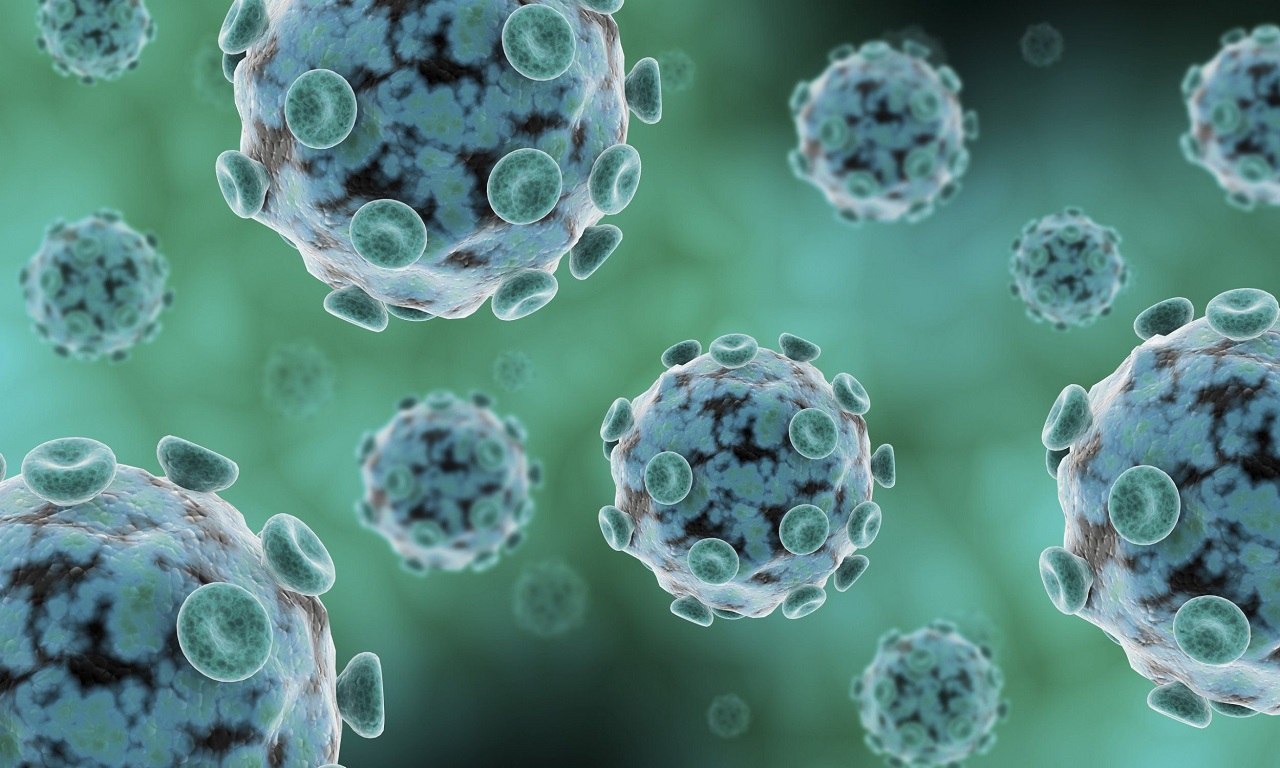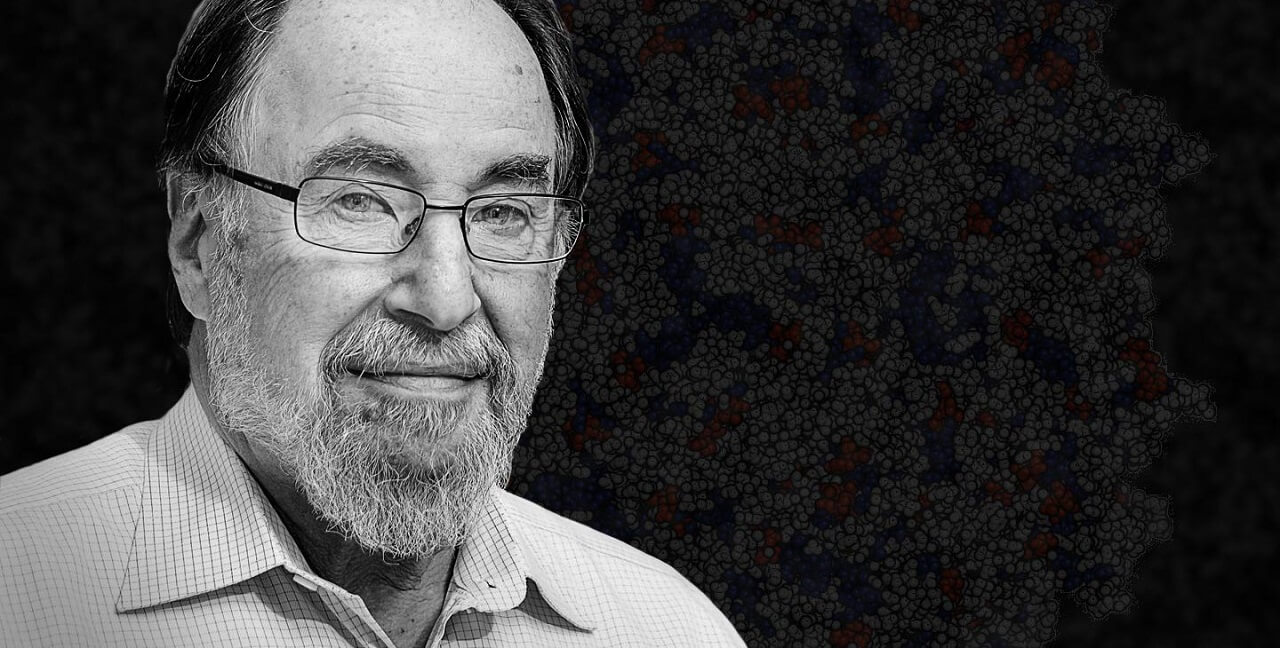Disease X — World Health Organization warns next pandemic is only a matter of time
Humanity may be at risk of disease X, which will be twenty times more fatal than COVID-19, and we won't even have a vaccine against it. Rare survivors of the disease will overwhelm health systems and collapse economies as the world is once again faced with the need to contain the force of nature.
Fortunately, Disease X is hypothetical—an as yet unknown pathogen on the list of pathogens that can cause pandemics.
However, at the World Economic Forum in Davos , Switzerland , the World Health Organization did not miss the opportunity to ask world leaders to consider the possibility of such a dire scenario.
In 2015, member organizations of the World Health Organization recognized the extreme unpreparedness of the international community in the event of major disease outbreaks. Soon they developed a corresponding plan for preparedness for pandemics — R&D Blueprint for Action to Prevent Epidemics , which included all the pathogens worth worrying about.
After meeting in 2018, the committee added an empty spot to the list of potentially deadly pathogens — Disease X. Its intention was to force authorities to be flexible in their preparations and not limit themselves to knowledge of already known diseases.
Two years later, the rapid spread of the new coronavirus put all pandemic plans to the test. As a result, we have more than seven million deaths, the world has been crippled in the prevention methods and the rapid development of a vaccine, etc. Sh.
Even as COVID-19 raged, the organization continued to work on a list of priority pathogens. In 2022, hundreds of scientists gathered and examined 25 known microbial families and discussed what threats their future spread might pose.
After a series of consultations with representatives of many countries around the world , the World Health Organization discussed the issues of pathogen detection, surveillance studies, about which we do not know anything yet.
WHO Director-General Tedros Adhanom Ghebreyesus said the organization has already taken steps, including the establishment of a pandemic fund and the construction of a technology transfer hub in South Africa, to address the inequitable distribution of vaccines.
"Of course, there are people who say that all this is sowing panic. But it's better to wait for something to happen, because it happened many times in history and was ready for it," said Ghebreyesus during his speech at the panel.
In preparing for the threat posed by pathogens, analyzing one's own behavior is as important as studying the pathogen itself.
Perhaps one of the most important lessons we've learned from COVID-19 is the challenge that misinformation and conspiracies pose.
Prepared by ScienceAlert.




